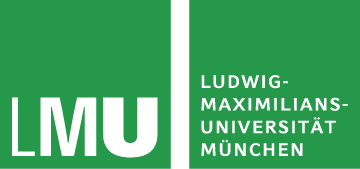Molecular Diagnostic
Background
Molecular biological detection methods have become established in many areas of medical microbiology. Specific DNA detection methods have made it possible to detect and identify bacteria without cultivation, to obtain information on resistance behaviour (e.g. vancomycin resistance in enterococci, methicillin resistance in S. aureus, clarithromycin resistance in H. pylori) or even to uncover infection chains in hospitals on a molecular level (e.g. spa typing of MRSA isolates, MLST for Legionella).
Molecular laboratory diagnostics of infectious diseases at the Max von Pettenkofer Institute
The molecular biological diagnostics of the Max von Pettenkofer Institute currently allow the direct PCR-based detection of approx. 35 human pathogens (including e.g. Borrelia, Mycoplasma). Using a so-called “universal” PCR, we are also able to detect DNA from more than 99% of human pathogens and identify them by subsequent sequencing.
This is particularly useful when pathogens are difficult or impossible to cultivate or when antibiotic therapy has already taken place before the sample was taken (e.g. apparently “sterile” meningitis, pleurisy or joint effusions). Another field of molecular diagnostics is the rapid detection of “atypical” pneumonia pathogens, such as Mycoplasma pneumoniae, Chlamydophila pneumoniae or Legionella. The rapid detection of MRSA and VRE is also part of molecular diagnostics.
Most PCR examinations are carried out daily, in many cases a result is obtained on the same day. Molecular diagnostics at the Max von Pettenkofer Institute is of course carried out according to the highest quality standards and has been subject to strict internal and external controls for years. The laboratory division “Molecular Diagnostics” is accredited by the Central Office of the Federal States for Health Protection with regard to Medicinal Products and Medical Devices (ZLG).
You can find further information in our list of services.

